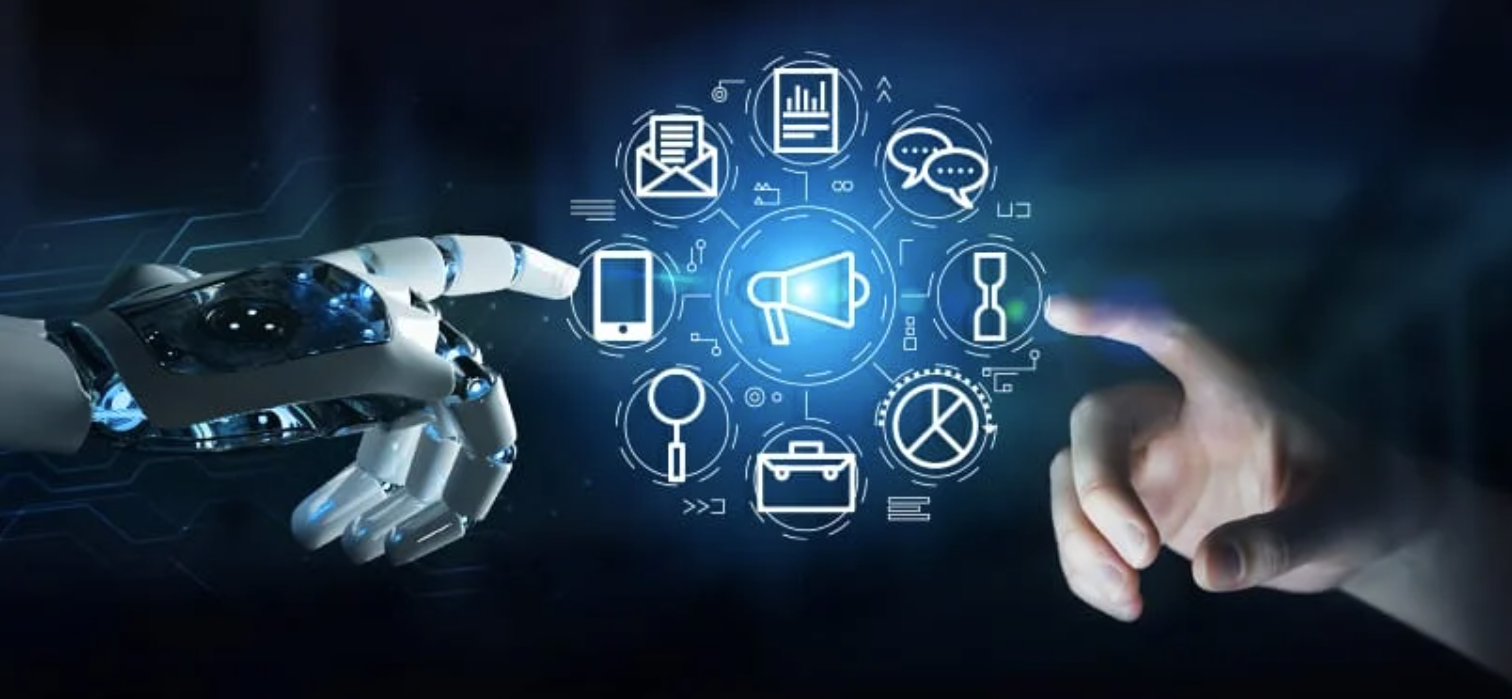The Future of AI in Digital Advertising: What to Expect
Digital advertising has already been drastically affected by artificial intelligence (AI), and this will only continue to happen at a faster rate year on year. AI is still being used to streamline processes and personalisation of marketing communications as well as improve campaign performances. The following five subtopics will most likely be the future of AI in digital advertising;
1. Hyper-personalisation
To some extent, marketing messages are currently personalised using AI, but in the future, we may anticipate seeing this developed much further. In order to produce highly targeted and pertinent adverts, AI algorithms will be able to assess enormous volumes of data on specific customers, including their demographics, interests, online behaviour, and purchase histories.
Brands will be able to forge deeper ties with their audience thanks to this hyper-personalisation, which will boost consumer loyalty and conversion rates. A customer may see an advertisement for a product they previously looked at online, for instance, or they might receive a recommendation for a new product based on prior purchases using an AI-powered advertising platform.
2. Predictive analytics
Predictive analytics, which may assist marketers in making better judgements about their campaigns, is also powered by AI. For instance, marketers may utilise AI algorithms to anticipate which clients are most likely to convert and concentrate their efforts on them.
Forecasting market demand and spotting trends are other applications for predictive analytics. The development of more successful marketing plans may then be made using this knowledge. A merchant, for instance, may employ AI to forecast which goods would be in great demand throughout the forthcoming Christmas season so that they can stock up on those goods appropriately.
3. Voice and image search
AI has a significant role in producing voice search and picture search due to the complexity of it. Even at this stage these two technologies are still emerging and are in process of becoming more efficient. An example of this is voice search demands the ability for AI to assess speech patterns as well as comprehend spoken language. AI can also identify objects in pictures which massively helps when completing image searches online.
With voice and image searching on the rise AI will also play a part in digital advertisement. For a business to reach their target audience marketers will have to optimise their content with specific data.
4. Programmatic advertising
Digital advertising that employs software to automate the purchasing and selling of ad space is known as programmatic advertising. Programmatic advertising is becoming more effective thanks in large part to AI.
To determine the optimum ad placements for each sponsor, AI algorithms may be used to assess vast volumes of data regarding ad inventory and audience targeting. AI may also be applied to real-time campaign optimisation to boost effectiveness.
AI will play a bigger part in programmatic advertising as it becomes more commonplace in the world of digital marketing. To automate and optimise their programmatic advertising campaigns for better outcomes, marketers will need to grasp how to apply AI.
5. Chatbots and virtual assistants
Artificial intelligence-powered software such as chatbots and virtual assistants can converse with people intuitively. They are already utilised by several industries.
Chatbots, for instance, may be used to generate leads, offer customer assistance, and respond to inquiries about goods and services. Marketers may utilise virtual assistants to aid with duties like conducting email marketing campaigns, monitoring social media accounts, and writing content.
We may anticipate chatbots and virtual assistants playing a bigger part in digital advertising as they develop in sophistication. Chatbots might be used, for instance, to customise marketing messages and offer on-the-spot client help. Virtual assistants might be used by marketers to automate processes and better manage marketing campaigns.
Conclusion
Digital advertising is already significantly affected by AI, and this influence will only intensify in the years to come. Tasks are automated, marketing messages are personalised, and campaigns are optimised for better outcomes using AI.
Marketers must learn how to leverage AI to their advantage if they want to stay ahead of the curve. This entails being knowledgeable about current AI developments and creating a plan for integrating AI into their digital marketing initiatives. Especially as the future of AI is continually changing.
How to use AI in your digital advertising campaigns today
There are various options available to you right now if you want to use AI into your digital marketing campaigns:
- By utilising marketing tools with the aid of AI, you will receive help from numerous AI powered marketing solutions. These will include; ad development, targeting and optimisation.
- Using virtual assistants and chatbots can lead to AI processes such as customer service chats led solely by chatbots or AI.
- By spending a part of your funds on AI training will help the business grow and produce what you are looking for at a significantly faster rate.


